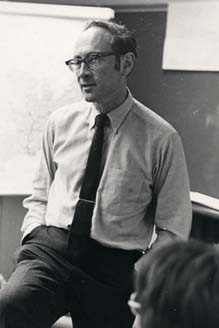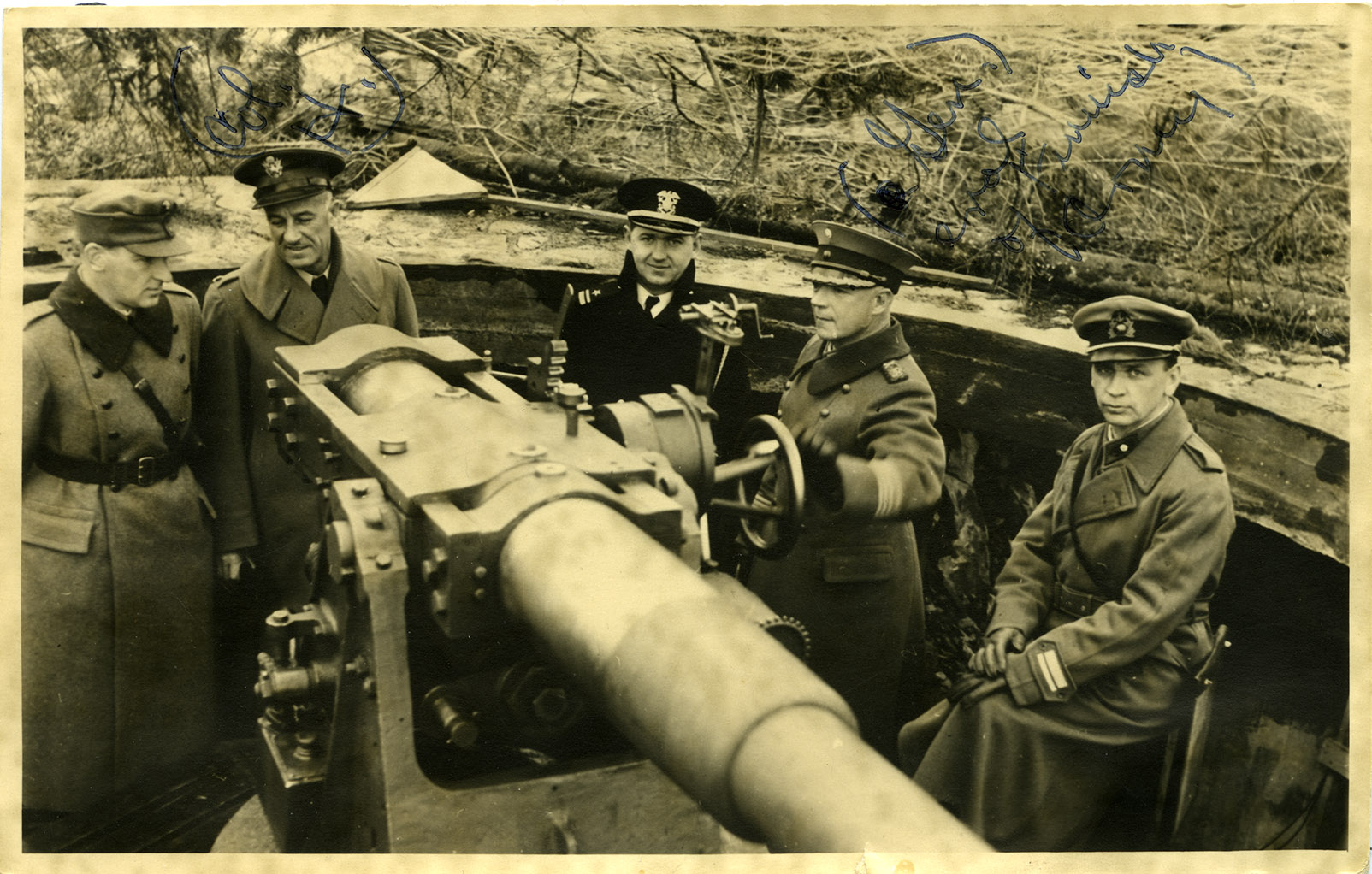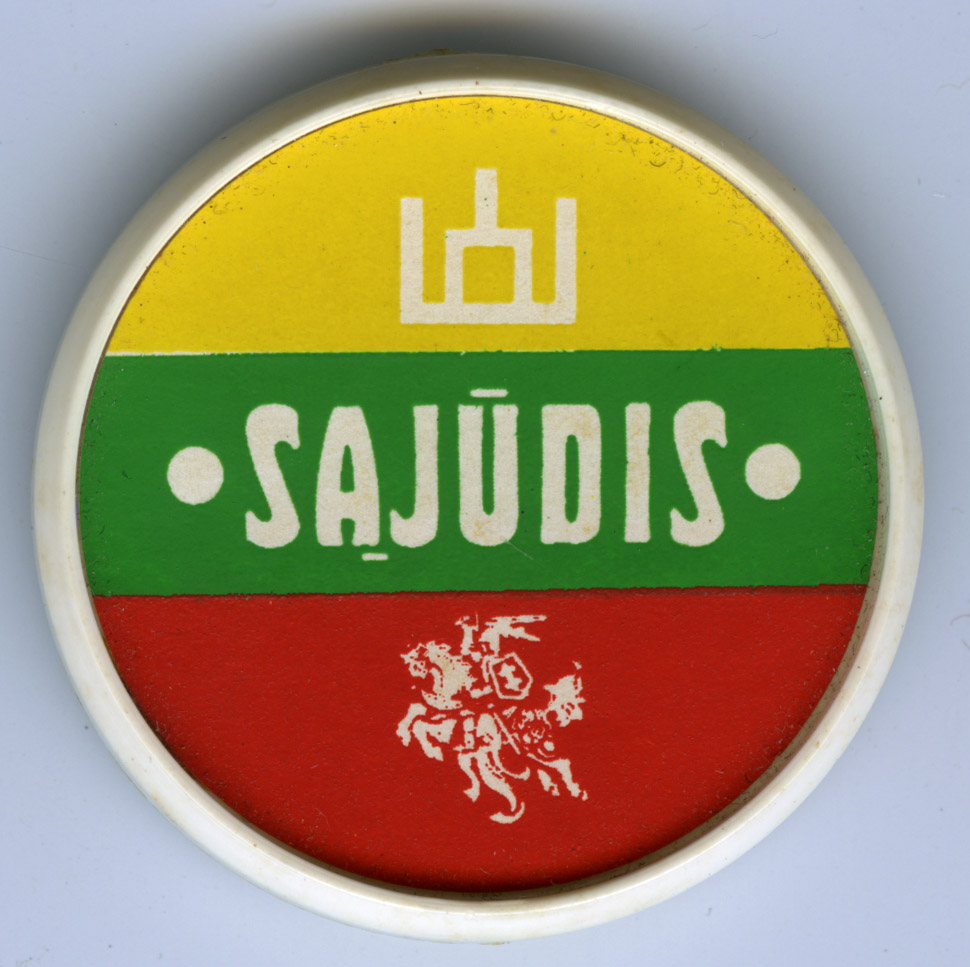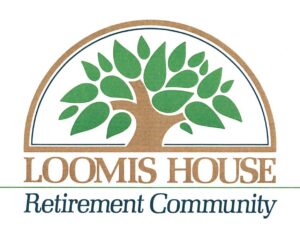Sidney Lipshires Papers

Born on April 15, 1919 in Baltimore, Maryland to David and Minnie Lipshires, Sidney was raised in Northampton, Massachusetts where his father owned two shoe stores, David Boot Shop and The Bootery. He attended the Massachusetts State College for one year before transferring to the University of Chicago and was awarded a BA in economics in 1940. His years at the University of Chicago were transformative, Lipshires became politically active there and joined the Communist Party in 1939. Following graduation in 1941, he married Shirley Dvorin, a student in early childhood education; together they had two sons, Ellis and Bernard. Lipshires returned to western Massachusetts with his young family in the early 1940s, working as a labor organizer. He served in the United States Army from 1943 to 1946 working as a clerk and interpreter with a medical battalion in France for over a year. Returning home, he ran for city alderman in Springfield on the Communist Party ticket in 1947. Lipshires married his second wife, Joann Breen Klein, in 1951 and on May 29, 1956, the same day his daughter Lisa was born, he was arrested under the Smith Act for his Communist Party activities. Before his case was brought to trial, the Smith Act was ruled unconstitutional by the U.S. Supreme Court. Disillusioned with the Communist Party, he severed his ties with it in 1957, but continued to remain active in organized labor for the rest of his life. Earning his masters in 1965 and Ph.D. in 1971, Lipshires taught history at Manchester Community College in Connecticut for thirty years. During that time he worked with other campus leaders to establish a statewide union for teachers and other community college professionals, an experience he wrote about in his book, Giving Them Hell: How a College Professor Organized and Led a Successful Statewide Union. Sidney Lipshires died on January 6, 2011 at the age of 91.
Ranging from an autobiographical account that outlines his development as an activist (prepared in anticipation of a trial for conspiracy charges under the Smith Act) to drafts and notes relating to his book Giving Them Hell, the Sidney Lipshires Papers offers an overview of his role in the Communist Party and as a labor organizer. The collection also contains his testimony in a 1955 public hearing before the Special Commission to Study and Investigate Communism and Subversive Activities, photographs, and biographical materials.




